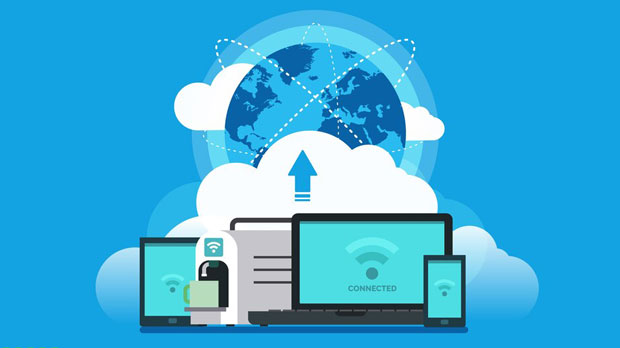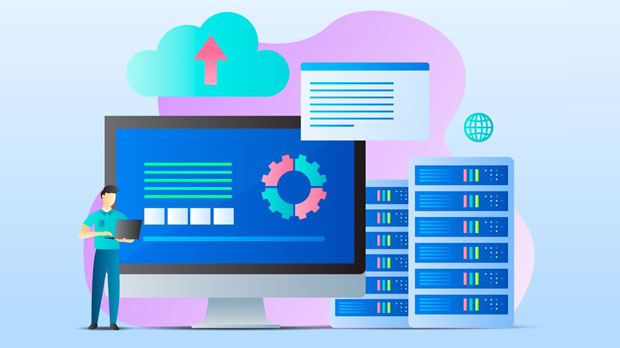When using a socks5 proxy, privacy and security are crucial to ensure that your data and online activities remain safe from prying eyes. sock s5 proxies offer enhanced privacy by masking the user's real IP address, but they are not inherently secure without additional precautions. The proxy server can become a potential vulnerability if not configured properly. In this article, we will explore how to ensure the privacy and security of your connection when using a SOCKS5 proxy, with practical tips and best practices. Understanding SOCKS5 Proxy and Its Privacy FeaturesSOCKS5, or "Socket Secure version 5," is a proxy protocol that routes internet traffic through a third-party server. Unlike other proxies, SOCKS5 is versatile and works with all types of internet traffic, including HTTP, FTP, and more. One of its main advantages is that it does not modify data packets, meaning that it does not slow down your connection or change the content of your communication. This allows for a high degree of anonymity, making it popular among users who want to hide their real IP addresses.However, while SOCKS5 proxies provide anonymity, they do not encrypt the data you send over the internet. This can leave you vulnerable to hackers, ISPs, or other malicious entities who might intercept your communication. Therefore, to ensure both privacy and security when using SOCKS5 proxies, additional security layers must be implemented.1. Use SOCKS5 with VPN for Enhanced SecurityA reliable method to enhance your security when using a SOCKS5 proxy is to pair it with a Virtual Private Network (VPN). A VPN encrypts all of your internet traffic, including the traffic that goes through the socks5 proxy server. This encryption prevents third parties from intercepting your data and provides a secure tunnel for your online activities. When using a VPN along with a SOCKS5 proxy, your internet traffic is first routed through the VPN, which encrypts it, and then through the SOCKS5 proxy, which masks your IP address. This double-layered security ensures that even if a hacker or unauthorized entity gains access to the proxy server, they will not be able to decrypt your information or trace your original IP address.2. Choose a Reliable and Trusted SOCKS5 Proxy ProviderThe security of your connection largely depends on the proxy provider you choose. Not all SOCKS5 proxies are created equal, and some may log your online activity or even inject malware into your traffic. When selecting a provider, it is important to choose one that offers a strict no-logs policy, meaning they do not keep any record of your browsing history or personal information. Furthermore, make sure that the provider has a strong reputation for maintaining privacy and security. Look for providers that offer additional security features, such as support for encrypted connections (e.g., SOCKS5 over SSL/TLS), as this can add an extra layer of protection.3. Always Use HTTPS WebsitesAnother important step in ensuring your security while using a SOCKS5 proxy is to always visit websites that use HTTPS rather than HTTP. HTTPS encrypts the communication between your browser and the website, making it much more difficult for anyone, including hackers or your ISP, to eavesdrop on your activities.When using a SOCKS5 proxy, if the website you are visiting does not support HTTPS, your data may be exposed to potential risks. Therefore, ensure that all websites you interact with support HTTPS to safeguard your privacy and security.4. Implement Two-Factor AuthenticationWhile SOCKS5 proxies help to hide your IP address, they do not provide complete protection against unauthorized access to your online accounts. Implementing two-factor authentication (2FA) on all of your accounts provides an additional layer of security. Even if someone manages to intercept your traffic or gain access to your proxy server, they will not be able to log into your accounts without the second form of authentication. This significantly reduces the chances of unauthorized access, even in the case of a compromised SOCKS5 proxy.5. Avoid Using Free SOCKS5 ProxiesWhile free SOCKS5 proxies may seem like an appealing option, they come with significant risks. Many free proxy providers log user activity and may even sell your data to third parties. Additionally, free proxies often lack proper security measures and may expose you to malware or other cyber threats.For a secure connection, it is better to invest in a paid, reliable SOCKS5 proxy service that has a track record of providing secure and private browsing experiences. Paid services usually offer enhanced encryption, faster speeds, and better privacy protection.6. Regularly Monitor Your Connection and LogsTo ensure that your SOCKS5 proxy is functioning securely, regularly monitor your connection and check for any unusual activity. Use tools that can detect IP leaks or DNS leaks, as these can compromise your anonymity. If you notice any leaks or irregularities, immediately switch to a more secure proxy provider or troubleshoot your current setup.Additionally, some advanced users may wish to monitor their proxy server logs to ensure that no personal information is being recorded. Although a trusted proxy provider should have a no-logs policy, it's always a good idea to check and verify this periodically.7. Keep Your Device and Software UpdatedOne of the most important aspects of maintaining security when using a SOCKS5 proxy is ensuring that your device and software are up to date. Regular updates to your operating system, browser, and security software can protect you from vulnerabilities that could be exploited by hackers.By keeping your software updated, you ensure that you are using the latest security patches, which can help mitigate potential risks when browsing the internet through a SOCKS5 proxy.While SOCKS5 proxies provide a valuable tool for protecting your privacy online, they are not foolproof on their own. By combining a SOCKS5 proxy with a VPN, choosing a trusted provider, using HTTPS, enabling two-factor authentication, avoiding free proxies, and regularly monitoring your connection, you can significantly enhance your security and privacy.Ensuring that your internet traffic is secure is essential in today's digital world. By following these best practices, you can confidently use a SOCKS5 proxy without compromising your privacy or security.
May 20, 2025






















































